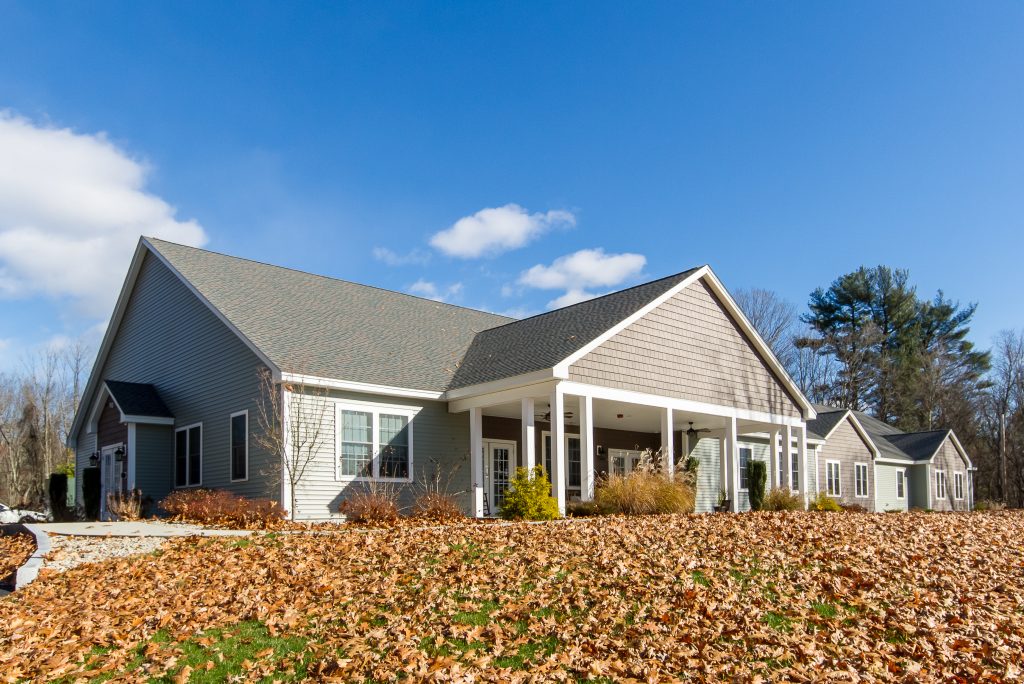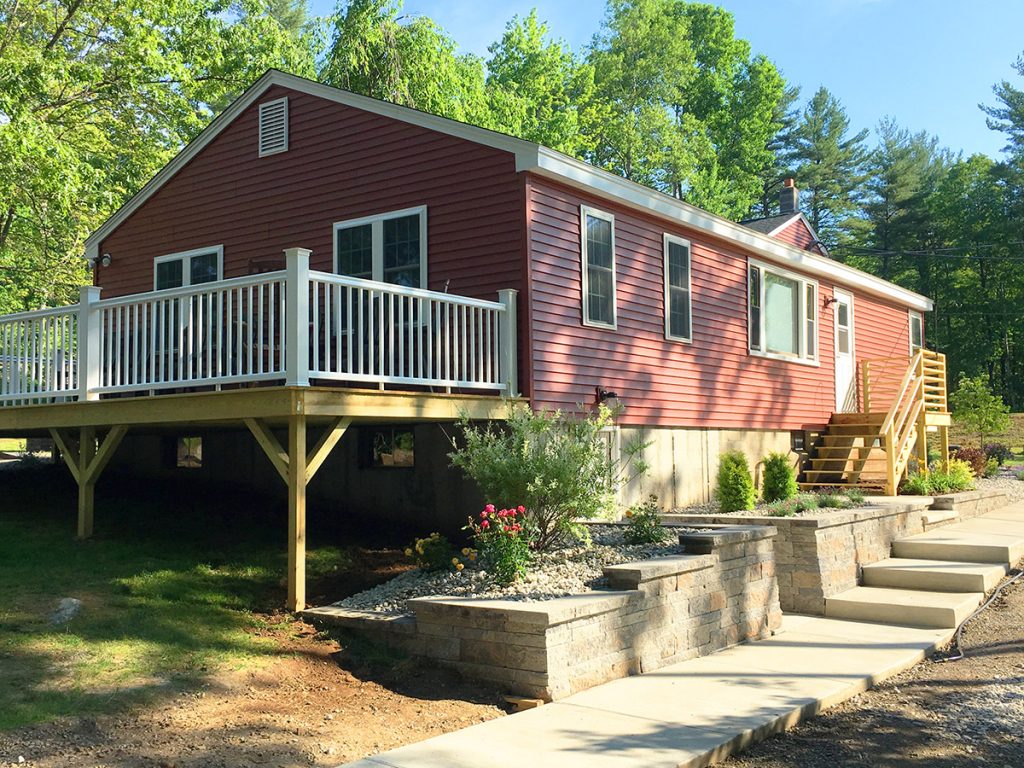
Despite the fact that dementia and Alzheimer’s disease are so common, there is still some education needed to understand the cause and challenges of the two. Often used interchangeably, these terms can lead to confusion about each diagnosis’ differences and implications for elder care.
While we know that both conditions affect cognitive function, understanding their distinctions is crucial for providing appropriate care and support for impacted individuals and their families.
That’s why we’re dedicating this blog post to understanding the difference between dementia and Alzheimer’s in consideration of the types of elder care ideal for each.
Dementia vs Alzheimer’s: is there a difference?
Dementia is an umbrella term used to describe a group of symptoms affecting memory, thinking, and social abilities severely enough to interfere with daily functioning. Alzheimer’s disease, on the other hand, is the most common cause of dementia, accounting for 60-80% of cases. It is a progressive brain disorder characterized by abnormal protein deposits in the brain that disrupt communication between brain cells.
And it is very common. In fact, more than 6 million Americans have Alzheimer’s, with an estimated 6.7 million aged 65 or older, while 73% are 75 and older.
- Symptoms: While both dementia and Alzheimer’s share similar symptoms, such as memory loss, confusion, and difficulty with language and problem-solving, Alzheimer’s typically progresses in a predictable pattern, with symptoms worsening over time. Other types of dementia, such as vascular dementia or Lewy body dementia — one of the most common causes of dementia — may have different symptom profiles and progression rates. Though commonly associated with advanced age or the aging process, dementia can impact younger people. In fact, for people under 60, the most common form of dementia is frontotemporal dementia (FTD), which has featured in the news recently, following Hollywood actor Bruce Willis’ diagnosis.
- Causes: Alzheimer’s disease is primarily caused by changes in the brain’s structure and function, including the accumulation of amyloid plaques and tau tangles. Other types of dementia may result from different underlying causes, such as vascular issues that can result following a stroke, for instance, or other neurodegenerative conditions, like Parkinson’s disease.
Dementia vs. Alzheimer’s: Implications for Elder Care
In light of the similarities between dementia and Alzheimer’s, it’s reasonable to expect that elder care looks the same for either diagnosis. And for the most part, it does. At the end of the day, exceptional elder care for anyone, regardless of diagnosis, depends on a personalized and customizable approach that can be refined as needs change.
Because Alzheimer’s disease and other types of dementia do have distinct causes and progression patterns, individualized care plans tailored to each person’s specific needs are essential. Caregivers should work closely with healthcare professionals to develop a comprehensive care plan that addresses cognitive, physical, and emotional needs.
Once a plan is developed, it can be enhanced by the following:
- Specialized support services: While individuals with dementia may benefit from various support services, including memory care programs, adult day centers, and respite care, those with Alzheimer’s disease may require more specialized support as the condition progresses. Memory care communities specifically designed for individuals with Alzheimer’s offer specialized programming, safety features, and trained staff to meet their unique needs.
- Family education and support: Family members and caregivers play a crucial role in supporting individuals with dementia or Alzheimer’s disease. Education about the condition, effective communication strategies, and coping mechanisms can help family members navigate the challenges of caregiving. Additionally, seeking support from dementia-specific support groups or online communities can provide valuable emotional support and practical advice.
At the end of the day, whether your loved one has been diagnosed with dementia or the more specific form of Alzheimer’s, you need to know your choice for elder care is characterized by compassion, professionalism, and care tailored specifically to their unique needs.
Discover our boutique style assisted living facilities and, if need be, we also offer Respite Care – Caregiver Relief Program, which has proven invaluable to those families whose loved one is struggling with challenging conditions like dementia or Alzheimer’s.
For help determining the ideal placement for your beloved elder or elders, we invite you to contact us.




